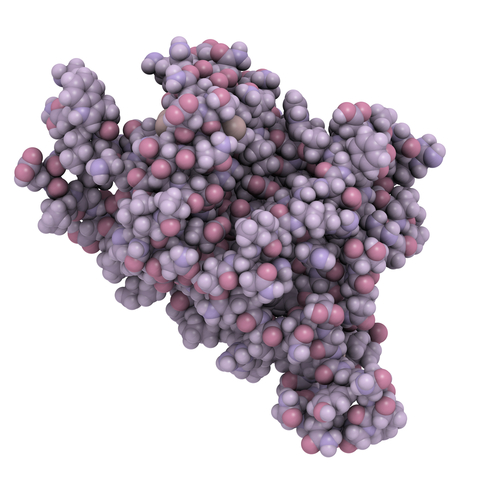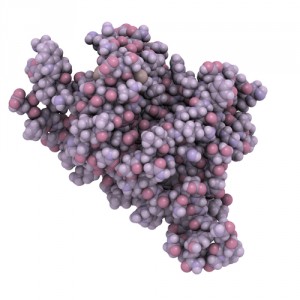Lung Infection Protection For Cystic Fibrosis Patients Could Be Developed Through New Discovery

 A new study from Karolinska Institute entitled “Interleukin-26 in Antibacterial Host Defense of Human Lungs: Effects on Neutrophil Mobilization” and published in the American Journal of Respiratory and Critical Care Medicine describes a new mechanism of antibacterial defense in the lungs, mediated by Interleukin-26, an important finding for chronic lung infections.
A new study from Karolinska Institute entitled “Interleukin-26 in Antibacterial Host Defense of Human Lungs: Effects on Neutrophil Mobilization” and published in the American Journal of Respiratory and Critical Care Medicine describes a new mechanism of antibacterial defense in the lungs, mediated by Interleukin-26, an important finding for chronic lung infections.
Chronic lung diseases are a major medical condition throughout the world that is being exacerbated by pollution, smoking, and infections. In fact, the lung is a frequent target of infections, representing a significant risk for patients with chronic lung diseases such as Chronic Obstructive Pulmonary Disease (COPD), severe asthma, and cystic fibrosis, since these patients are more sensible to lung infections. However, the mechanisms that normally protect the lungs of a healthy person that may be impaired in chronic lung disease patients are still not well understood.
In this study, the team from the Institute of Environmental Medicine, and the Department of Medicine, Solna, with colleagues at the Sahlgrenska Academy in Gothenburg discovered a new anti-bacterial mechanism in human lungs mediated by Interleukin-26 (a member of the large group of cytokines, the interleukins, with key roles in mediating the response of the immune system to infections). Exposing the respiratory track of healthy individuals to an endotoxin, a toxic substance bound to the bacterial cell wall, significantly induced Interleukin-26 expression on alveolar macrophages (a type of white blood cell found in the pulmonary alveolus). Macrophages release of Interleukin-26 triggered neutrophils, a short-lived and highly motile type of white blood cell, to mobilize towards bacteria and attack it.
[adrotate group=”1″]
Anders Lindén, Professor at the Institute of Environmental Medicine and study lead author, noted, “We have concluded that this mechanism is important for understanding antibacterial defense in the lungs of healthy individuals and how the immune defense system is activated when common respiratory infections or pneumonia occurs. In the long run, we hope that this knowledge will play an important role in helping us to understand how groups of patients with chronic lung diseases develop an increased sensitivity to bacterial infections, which could lead to the development of a new treatment for infections.”







